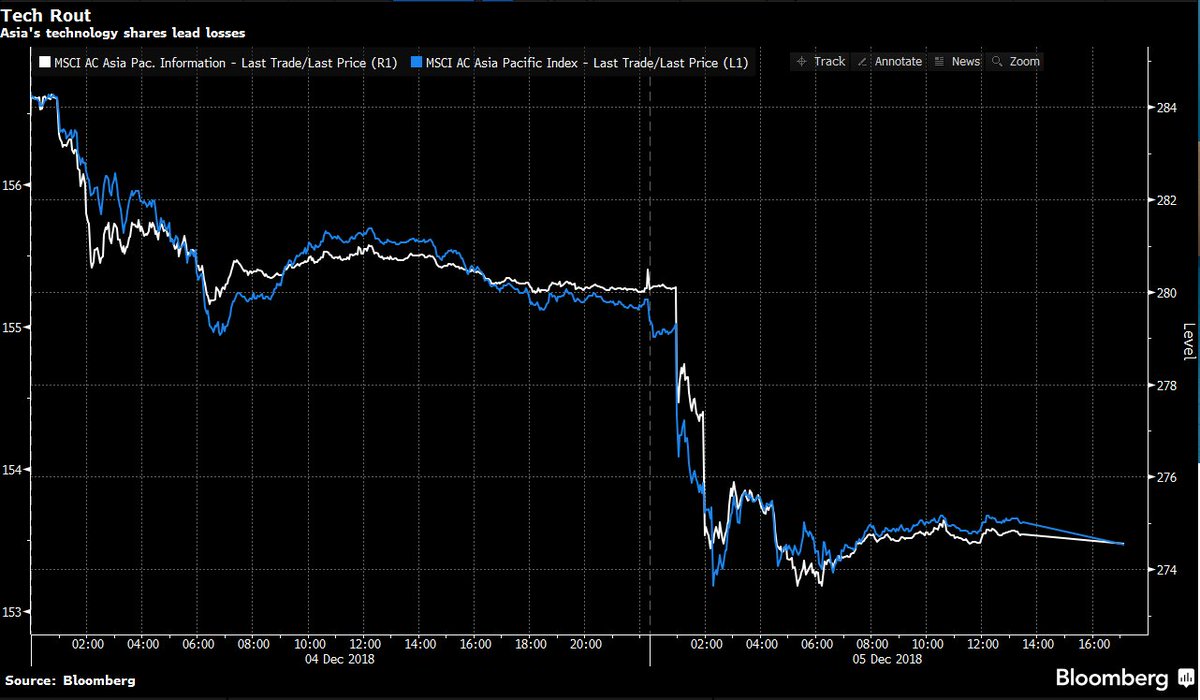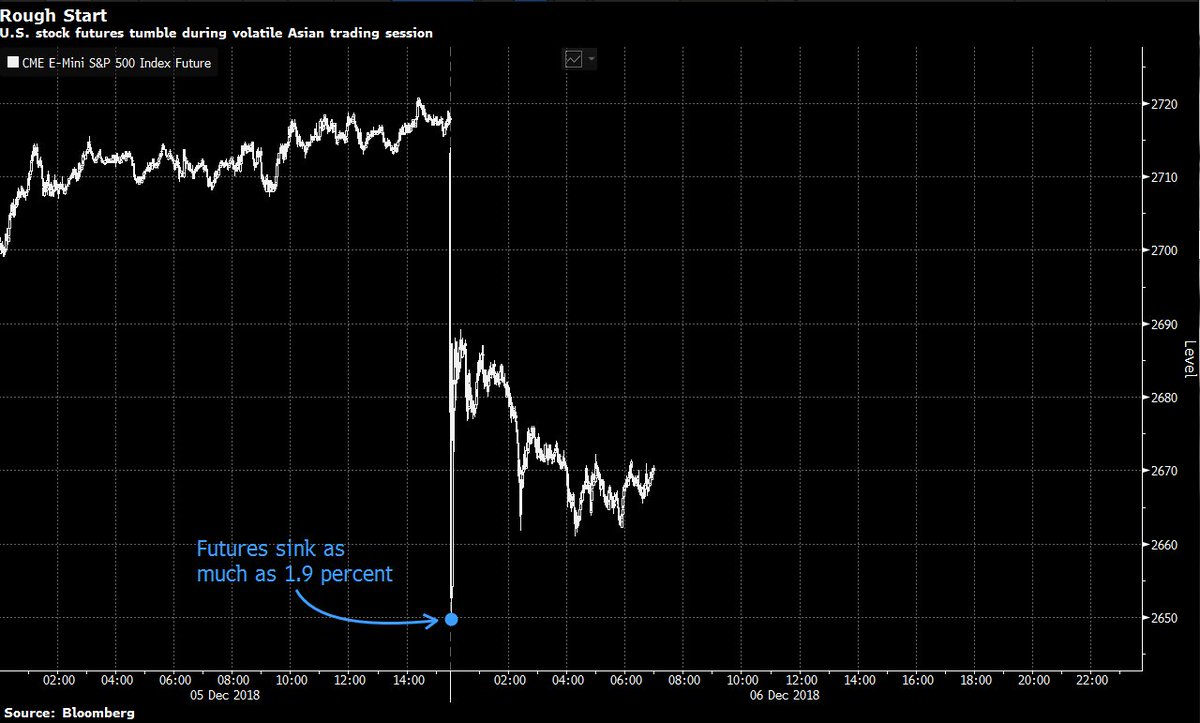Preparedness: Arguably the 1st sector to swing into action, with its regulators demanding completed hard Brexit plans waaay back . They’ve spent £4billion preparing, but worked hard to reduce job moves OUT of the UK, creating new jobs in the EU (3/x)
Longterm: Biz expects that if no deal is permanent, the transfer of jobs, capital, liquidity and expertise from 🇬🇧>🇪🇺 would accelerate (4/x)
Preparedness: Probably the sector where the Gov has been most hands on, demanding firms reroute freight and have 6 weeks of stockpiles, promising access to airfreight & additional refrigerated storage in return
No deal: Disruption still expected (5/x)
Longterm: If 🇬🇧 diverges from 🇪🇺 rules, bad news. eg 🇬🇧 meds will be more expensive in 🇪🇺 - duplicating marketing authorisations estimated to add £45k per 💊(6/x)
Preparedness: These guys have spent hundreds of millions getting ready
No Deal: They can stockpile for a few days, but if you use millions of components a week, you have to trade again pretty fast. In a single day, 1,100 🚛s deliver to 🇬🇧 car&engine plants (7/x)
Longterm: Some firms estimate no deal tariffs alone add £1billion to their annual costs. That’s going to reduce the case for investment here (8/x)
Preparedness: Tough – how to track 40,000 product lines? They've been surveying their supplychains, stockpiling etc
No Deal: Hard at Xmas - less space, more needed. One firm that stockpiled 95% of what they’d need in March could only stockpile 45% this time round (9/x)
Longterm: Depends a lot on what new tariffs will be, how well the border is managed, availability of EU staff... all with narrow profit margins (10/x)
Preparedness: Hard to do. In March, decisions like ‘how many lambs do I breed?’ were asked. But how do you prepare to not be able to export your organic foods? Or to deal with huge new tariffs on your exports, when you’re locked into fixed-price contracts (11/x)
Preparedness: Two main concerns: 1. Construction imports – 60% come from 🇪🇺. Can’t stockpile for long. 2. People - EU nationals make up around 9% of the UK construction workforce, way higher in London. Lots of concern from those employees to soothe (13/x)
Longterm: Estimated fall in output of £10.5bn by end of 2020, with the greatest impacts on housebuilding & commercial sectors (14/x)
Preparedness: Handily, the lovely @techUK have done a survey. In Dec 2018, 51% said that they had taken some/many steps to prepare for no deal. This increased to 67% in August. This includes sorting out contracts, reassuring staff and supplychain issues (15/x)
Longterm: Top longterm concerns include additional regulatory barriers (47%) and on talent (45%) (16/x)
Preparedness: This one’s a total mare that I can’t explain in 2 tweets so see below, but suffice to say costs are huge. And preparedness is not high. One downstream user of chemicals confirmed to us that 81% of its suppliers had yet to confirm their plans (17/x)

Longterm: Costs of double registration risk being unsustainable, & creating potential for 🇬🇧 to have a lesser offering of chemicals. Plus sectoral GVA is estimated to be 22% lower in no deal compared with today (18/23)
Preparedness: This one’s tricksy. Tons of SMEs, incomplete guidance about IP, uncertainty about immigration. Most prepared probably broadcasting where, for continuity of ~600 channels 🇬🇧 broadcasts into 🇪🇺, lots of movement of activity into Europe (19/24)
Preparedness: Yeah, unexpected. But energy firms also handle goods – vans & smart meters – which are often imported, which seems to be a big focus of the sector's preparedness, alongside currency
No Deal: ‘Only’ really same supply chain difficulties at borders (22/24)
Longterm: If no deal is permanent, there is a risk of electricity price rises, as the short-term replacement of EU ETS may lead to market distortion & inefficiencies in interconnection imports 👎(23/24)
Preparedness: Yes, most sectors are beavering away to prepare
No Deal: Still going to be rubbish over weeks and months despite firms doing lots
Longterm: Going to keep dragging us down for years, particularly if we make poor choices on regulation and people
(24/24)
But yes - all sectors will be impacted by no deal on data, awareness isn't high, & there will likely be lots of non-compliant cross-border data transfers initially.






